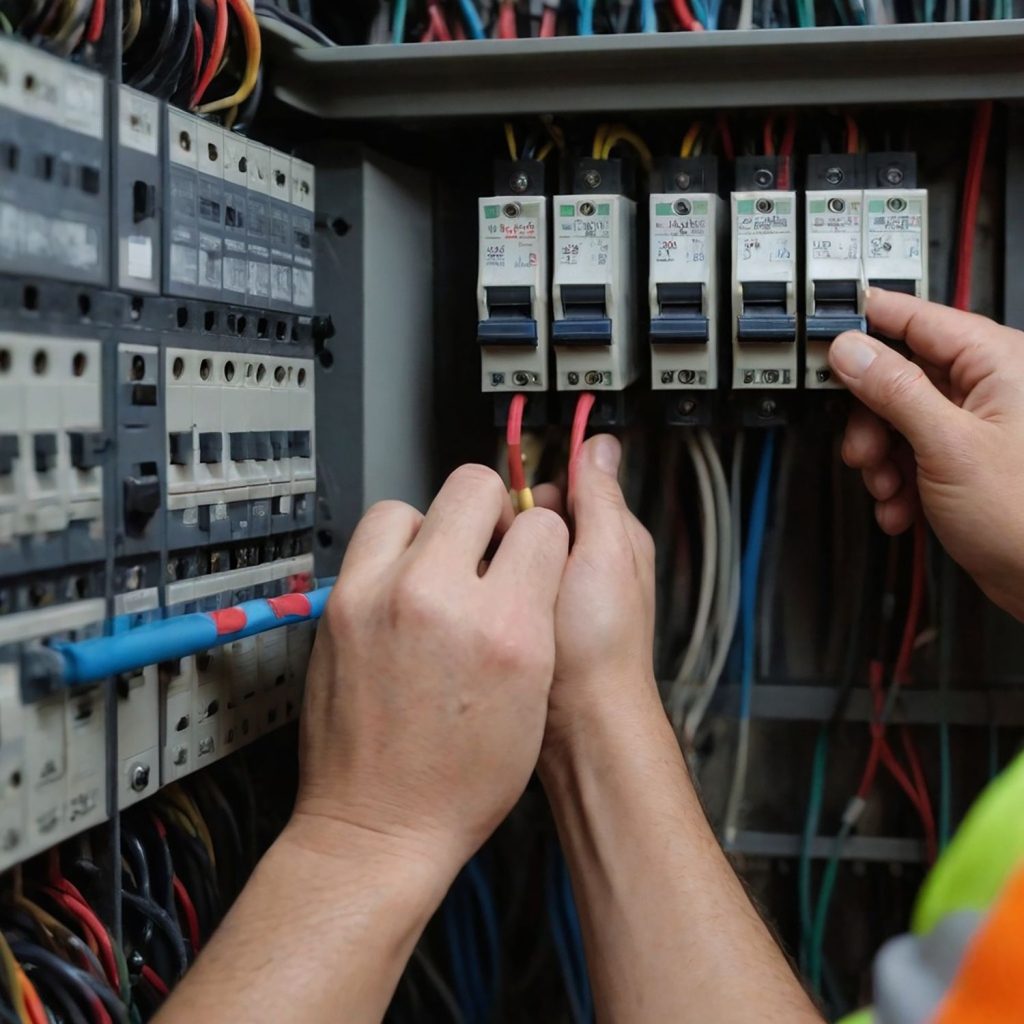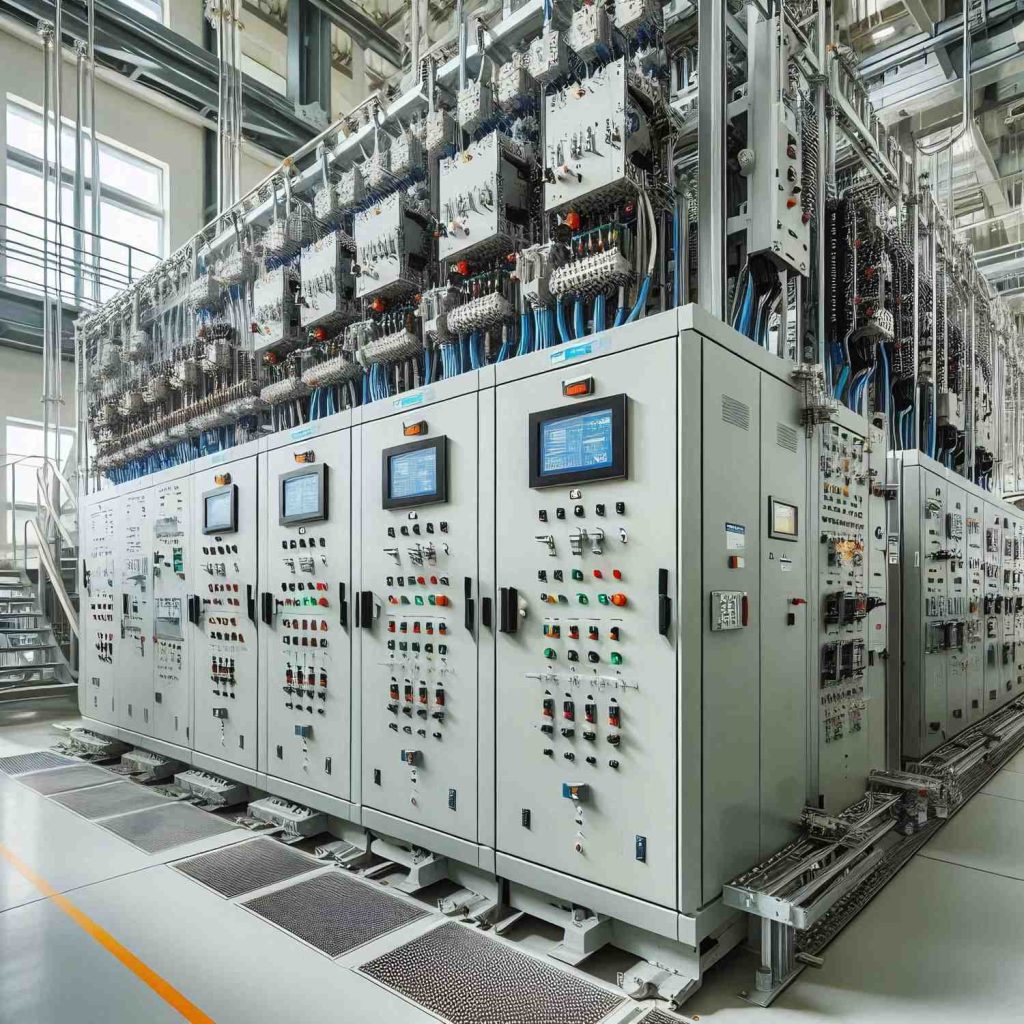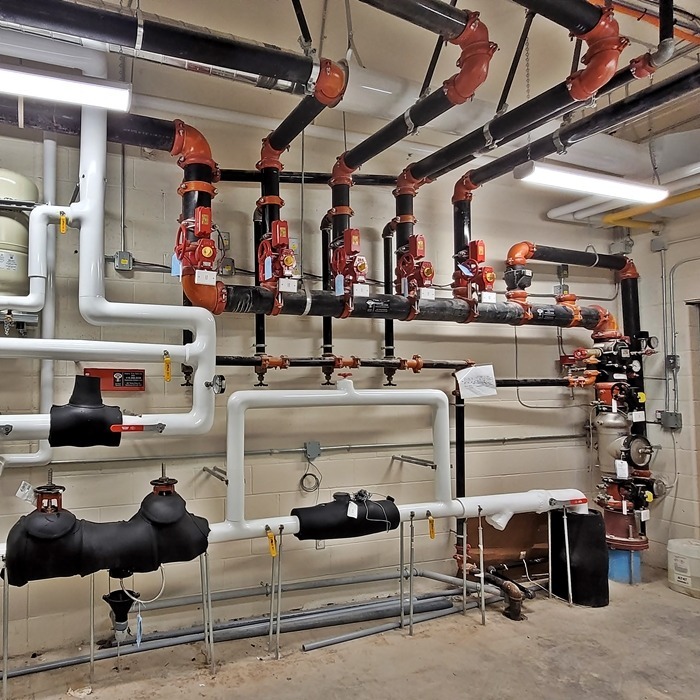Services

Residential

Residential electrical work encompasses various tasks related to the installation, maintenance, and repair of electrical systems in a home. This includes wiring throughout the house, connecting outlets, switches, and light fixtures, and setting up electrical circuits and panels. Installing and wiring lighting systems, such as ceiling fixtures and outdoor lighting, is a key part of this work, along with ensuring that major appliances are properly connected to the electrical system.
Safety is a major concern, so electrical work involves conducting inspections to ensure compliance with safety standards and building codes. Troubleshooting issues such as short circuits and flickering lights is also an essential part of the job, as is upgrading electrical systems to accommodate new appliances or technology.
Additionally, residential electrical work often includes implementing energy-efficient solutions, like LED lighting and smart thermostats, to improve energy efficiency and reduce utility costs.
Commercial

Commercial electrical work involves the installation, maintenance, and repair of electrical and fire alarm systems in commercial properties such as office buildings, retail spaces, and industrial facilities. This work includes the setup of extensive electrical wiring networks that cater to the higher power demands of commercial settings. It encompasses the installation of lighting systems, including overhead lighting, emergency lighting, and exterior illumination, tailored to meet both functional and aesthetic requirements.
Electrical panels and circuit breakers are installed and configured to manage the electrical load and ensure safety across the commercial space. This involves integrating outlet and sockets for HVAC, security system which are essential for the operation of modern commercial establishments.
Overall, commercial electrical work is designed to support the complex and varied electrical needs of businesses while ensuring reliability, safety, and energy efficiency.


Industrial

Industrial electrical work involves the installation, maintenance, and repair of electrical and fire alarm systems in industrial facilities such as factories, plants, and manufacturing plants. This includes setting up heavy-duty wiring, power distribution systems, and industrial lighting to accommodate the high power demands of machinery and equipment.
It also involves configuring and maintaining control systems for automated processes, including PLCs (Programmable Logic Controllers) and SCADA (Supervisory Control and Data Acquisition) systems, which are crucial for operational efficiency and safety. Electrical panels, circuit breakers, and transformers are installed to manage and distribute electrical power throughout the facility.
Industrial electrical work must adhere to strict safety standards and regulations to ensure the safe operation of equipment and the protection of personnel. This includes regular inspections, troubleshooting complex electrical issues, and performing preventive maintenance to minimize downtime. Additionally, energy management and efficiency improvements are often implemented to optimize performance and reduce operational costs.
Fire Safety System

Fire alarm electronics involve the design, installation, and maintenance of systems that detect and alert occupants to the presence of fire. These systems use a combination of sensors, detectors, and control panels to monitor for signs of smoke, heat, or flame. When a fire is detected, the system triggers alarms, including audible signals like sirens and visual indicators like strobe lights, to ensure that people are warned in a timely manner.
The fire alarm control panel acts as the central hub, receiving signals from various detectors and initiating responses such as activating alarms or notifying emergency services. The system may also include features like automatic fire suppression activation, emergency lighting, and communication systems to guide occupants safely out of the building.
Regular testing, maintenance, and updates are essential to ensure the fire alarm system functions correctly and complies with safety standards and regulations. This includes checking the integrity of wiring, the calibration of detectors, and the reliability of alarm signals to ensure a rapid and effective response in the event of a fire.

